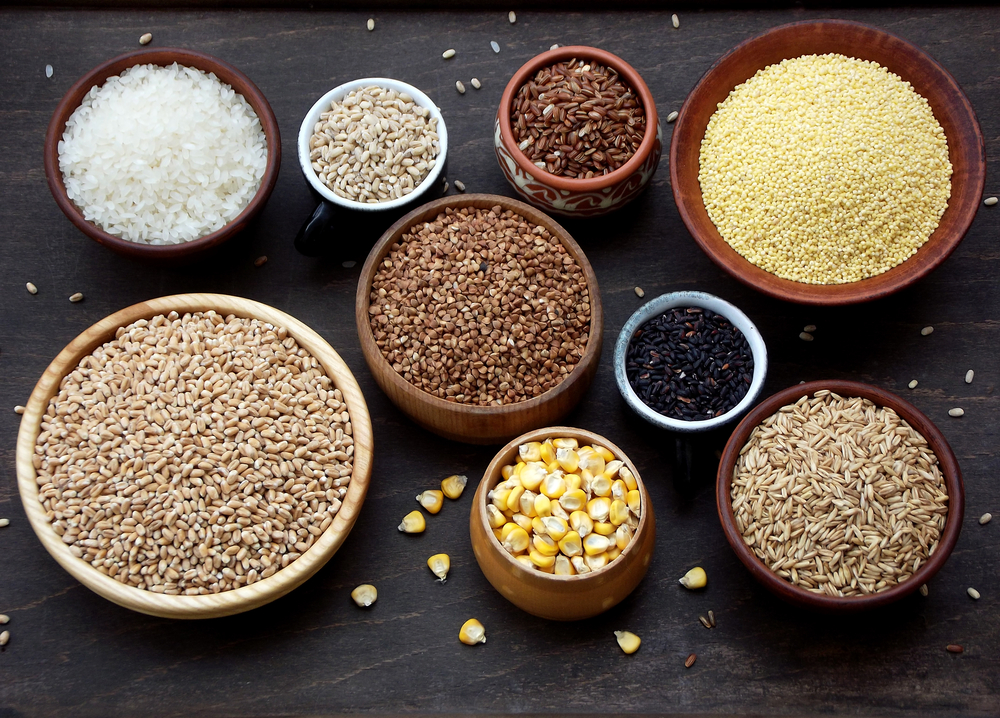Most people think that diabetes is caused due to excess intake of sugar. This thought process is obvious considering that diabetes leads to high blood sugar levels. However, diabetes is a metabolic disorder. In people with diabetes, there are changes in carbohydrate metabolism. This leads to lack of absorption of sugars in cells of the body.
Excess intake of carbohydrates leads to excess calories that are not burnt and this leads to type 2 diabetes . At the same time, carbohydrates can also affect the blood sugar control of a person with diabetes. That is why you need a diabetes diet plan so that you can control your blood sugar levels and stay healthy.
So, what exactly are these carbohydrates?
For our body to function properly, we need three types of macronutrients. These are proteins, carbohydrates, and fats along with dietary fiber. Carbohydrates are major energy providers to the body and consist of sugars, both simple and complex. There are simple and complex carbohydrates.
Simple Carbohydrates and Diabetes
Simple carbohydrates contain sugars like glucose, fructose, galactose, maltose, lactose and sucrose.
Examples of Simple Carbohydrates in foods:
- Baked Foods.
- Fruit Juices.
- Soft Drinks and Beverages.
- Packaged Cereals.
- Table Sugar.
- White Bread.
- Cakes and Candy.
- Corn Syrup.
These simple carbohydrates containing simple sugars provide immediate energy to the body as they are assimilated into the bloodstream very quickly. However, these are guilty of increasing blood sugar levels very fast. This is bad for diabetes control and they should not be included in your diabetes diet plan .
Complex Carbohydrates and Diabetes
Complex carbohydrates contain sugars called polysaccharides. These contain high amounts of starch, fibers, and glycogen. Since complex carbohydrates contain more fiber and glycogen, they are better sources of energy. In fact, the more complex a carbohydrate is the better it is for people with diabetes.
Examples of Complex Carbohydrates in foods:
Starchy Complex Carbohydrates:
- Rice (brown/wild)
- Whole Barley.
- Sweet potatoes (baked/cooked).
- Whole Grains.
- Oatmeal.
- Buckwheat Bread.
- Skimmed Milk.
- Low Fat Yogurt.
- Soy Milk.
- Muesli
Fibrous Complex Carbohydrates:
- Asparagus.
- Artichokes.
- Apples.
- Beans.
- Cabbage.
- Cauliflower.
- Carrots.
- Celery.
- Eggplant.
- Cucumber.
- Lentils.
- Mushrooms.
- Oranges.
- Onions.
There are many other sources of complex carbohydrates that are loaded with micronutrients. These are good for blood sugar control and weight loss. These foods should be included in a diet for diabetic patients.
Since you get adequate amounts of complex carbohydrates in whole grains, fruits, and vegetables, it is better to consume them on a daily basis. However, one should note that these foods should not be enriched in artificial methods (usage of harmful fertilizers and injecting oxytocin for growth). They should not be bleached and colored.
By avoiding simple carbohydrates and including complex carbohydrates in your diabetic food , you can control your diabetes effectively. Having said that, one has to count the carbohydrate intake per day in order to maintain adequate intake and avoid excess consumption.
Glycemic Index
Consumption of foods with a low glycemic index with respect to your medications and physical activity levels is vital. Glycemic index is a 0 to 100 ranking that indicates the amount of increase in blood sugar levels after consumption of foods and the time taken for that.
- Foods that come under low glycemic index have a ranking below 55 and they release carbohydrates in such a way that the blood sugar levels do not increase disproportionately.
- Foods that come under medium glycemic index have a ranking of 56 to 69. These foods metabolize carbohydrates in such a way that sugars are released moderately.
- High glycemic index foods rank between 70 to 100 and release sugars into the bloodstream quite quickly. They increase blood sugar levels and are not advised for people with diabetes.
Diabetes and Carbohydrate Counting
People with diabetes need to plan their meals in such a way that they regulate their carbohydrate intake. This should be done with respect to the medications/insulin, physical activity, and current blood sugar trend.
Though diabetes control is attainable, some people might have issues controlling their fasting blood sugar levels while others might have issues with random blood glucose and postprandial levels. This can be addressed either a change in diet and exercise in most cases.
Since most people consume food in portion sizes, it might be difficult for people to measure foods in grams. So, people with diabetes are advised to use gram-sized cups.
Portion Size vs. Grams:
- 1 teaspoon: 4.2 grams.
- 1 tablespoon: 14. 3 grams
- 1 ounce: 28.3 grams.
- 1 cup: 8 ounces.
Standard dietary guidelines provide the amount of carbohydrates present in a portion size of any food. So, using the above units and guidelines, you can count your carbohydrates and maintain your diabetic diet .











